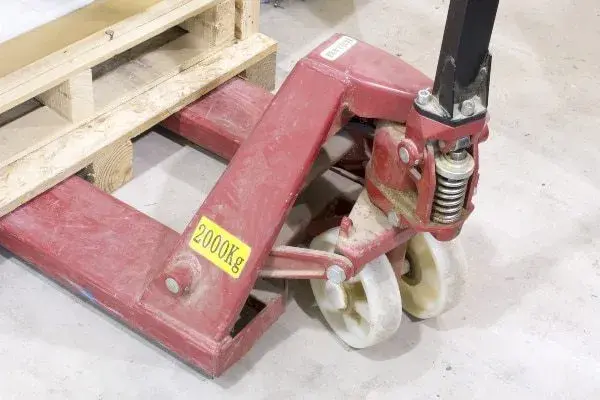Industrial Goods Transportation
Features and Logistics
Industrial goods transport is a special type of transport that requires meticulous planning due to the diversity of products and their characteristics. It doesn’t have a strict classification, as it covers a wide variety of items, which can include:
- Materials: such as cement, metals, and chemicals.
- Machinery: such as excavators, agricultural equipment, and cranes.
- Assembly components: such as aluminum profiles and tires used in assembly lines.
This type of transport can be carried out by road, sea, or air, depending on the type of cargo, destination, product characteristics, and delivery deadlines.
When it comes to international shipments of industrial goods, maritime or air transport is generally chosen, using ships and planes. It’s essential to consider that for hazardous goods, such as chemicals, proper labeling, packaging, and storage are required.
What types of vehicles are used to transport industrial goods?
When transporting steel, it’s important to use vehicles with roofs and sides that can be opened. In the case of paper rolls, it’s recommended to use vehicles with side-opening capabilities to facilitate unloading with forklifts. For pallet transport, unloading is usually done at docks, so it’s convenient to use vehicles with rear unloading capabilities. Additionally, to protect the cargo from rain, it’s advisable to choose a tautliner vehicle.

It is necessary to know well what is being manufactured and which is the material to be transported, in order to know which is the best vehicle to be able to carry out the transport from the place of loading to the place of unloading with the least possible inconvenience.
Request your quote in less than 3 minutes with just one click.